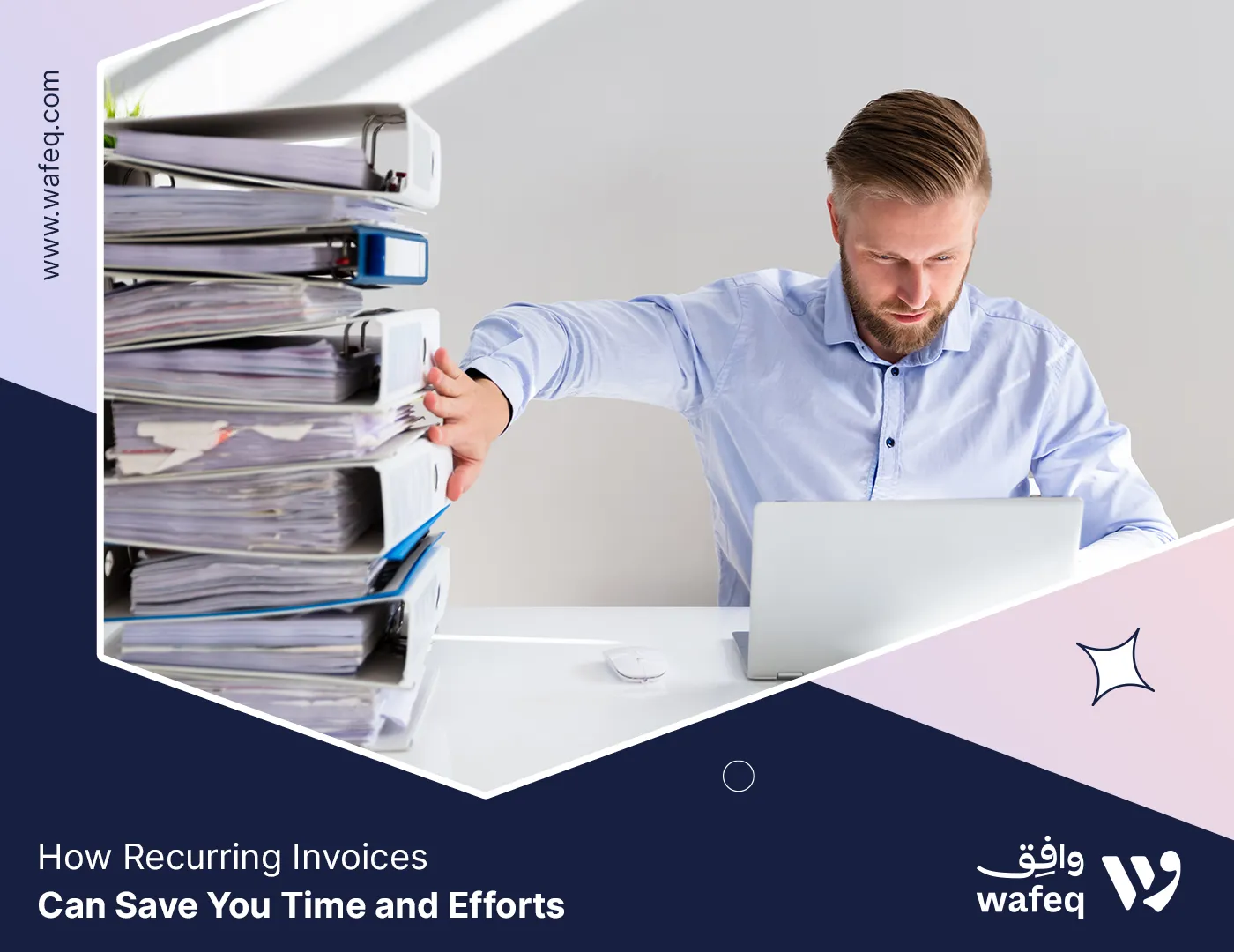Obtaining a commercial register in Oman

Across Oman, every new business, whether a small shop or a multinational branch, must begin with one critical step: obtaining a commercial register. This legal requirement does more than authorize operations; it extends businesses' recognition, access to banking, the ability to sign contracts, and compliance with national regulations. Understanding how to secure a commercial register in Oman is essential for entrepreneurs and companies aiming to establish a stable foundation for growth.
Understanding the Commercial Register in Oman
The commercial register in Oman is the official government record of businesses authorized to operate within the Sultanate. Managed by the Ministry of Commerce, Industry, and Investment Promotion (MOCIIP), the register documents essential details such as company name, entity type, ownership structure, and scope of activities. Holding a valid commercial register is not just a legal requirement, but a prerequisite for conducting any formal business transaction. From opening a corporate bank account to signing supplier contracts, the commercial register is the foundation of corporate legitimacy in Oman.
In recent years, Oman has modernized its registration system through the Invest Easy portal, a digital platform that simplifies business licensing and registration. This initiative reflects the government’s commitment to attracting investment, improving transparency, and creating a more business-friendly environment.
Key characteristics of the commercial register in Oman include:
- Legal recognition: Provides proof of company existence under Omani law.
- Public record: Ensures transparency and accountability by making basic company details accessible.
- Business scope: Specifies the activities and sectors in which the company is licensed to operate.
Why Businesses Need a Commercial Register
A commercial register is more than a legal formality; it is the foundation of a company’s operations in Oman. Without it, businesses cannot conduct essential activities such as opening bank accounts, signing contracts, or issuing invoices. It serves as the official recognition that transforms a business idea into a legally operating entity.
Key reasons why businesses in Oman need a commercial register include:
- Legal recognition: The commercial register proves that the business is authorized to operate under Omani law.
- Access to financial services: Banks and financial institutions require a valid commercial register to open corporate accounts and provide financing.
- Compliance with regulations: Registration ensures alignment with Oman’s legal and tax frameworks, including VAT obligations.
- Ability to contract: A registered business can enter into legally binding agreements with suppliers, clients, and government entities.
- Reputation and trust: Being listed in the commercial register enhances credibility with partners, investors, and customers.
Types of Business Entities Eligible for Registration
When applying for a commercial register in Oman, businesses must first determine the legal structure under which they will operate. The choice of entity affects ownership, liability, taxation, and compliance requirements. The Ministry of Commerce, Industry, and Investment Promotion (MOCIIP) recognizes several types of entities eligible for registration:
- Sole Proprietorship: Owned and managed by a single individual, this structure is suitable for small businesses and professionals but comes with unlimited personal liability.
- Limited Liability Company (LLC): The most common entity for small and medium-sized enterprises (SMEs) in Oman. It requires at least two shareholders and provides limited liability protection.
- Joint Stock Company: Designed for larger businesses, this structure allows for public or private shareholding. It requires significant capital and adherence to strict governance rules.
- Branch of a Foreign Company: International businesses can establish Branches in Oman, provided they meet specific licensing conditions. This option allows foreign firms to operate while retaining their parent company identity.
- Partnerships: Sometimes, two or more individuals may form a general or limited partnership to conduct business.
Step-by-Step Process to Obtain a Commercial Register in Oman
Obtaining a commercial register in Oman follows a structured process overseen by the Ministry of Commerce, Industry, and Investment Promotion (MOCIIP). With the digital transformation through the Invest Easy portal, the procedure has become more streamlined, reducing paperwork and processing time. Below is the step-by-step process:
- Choose the Business Structure Decide on the legal entity (e.g., LLC, sole proprietorship, branch of a foreign company),
- Reserve a Trade Name Submit proposed names via the Invest Easy portal Ensure the name complies with Omani naming regulations and is not already in use.
- Prepare Required Documents Identification documents of shareholders and partners, as: - Articles of association (for LLCs and joint stock companies) - A lease agreement for the company’s office premises. - Proof of minimum capital (depending on entity type).
- Submit Application through Invest Easy Portal Upload documents and complete the registration form online. Applications can also be submitted at MOCIIP service centers (if required).
- Pay Government Fees Fees vary based on the business type and activity category. Payments are made electronically through the portal.
- Receive Approval and Issuance of Commercial Register Once approved, the company receives its commercial registration certificate. The certificate must be renewed periodically to remain valid.
Ommani Commercial Register Costs and Timelines Involved
Understanding the costs and timelines associated with obtaining a commercial register in Oman is essential for proper planning. These factors can vary depending on the type of business entity, the activity complexity, and whether additional approvals are required. Fees include:
- Government Fees: Fees vary based on entity type and business activity. For example, LLCs typically incur a registration fee calculated according to capital, while sole proprietorships have a lower one.
- Legal and Advisory Fees: Businesses may hire legal consultants or corporate service providers to ensure compliance with Omani regulations, which adds to the overall cost.
- Office Lease and Capital Proof: Costs related to securing a physical office and depositing the required capital.
Timelines to book a commercial register in Oman:
- Trade Name Reservation: Typically 1–3 business days.
- Document Preparation and Submission: Depending on readiness, this may take 1–2 weeks.
- Government Approval: Once submitted via the Invest Easy portal, most applications are processed within 5–10 business days.
- Issuance of Commercial Register: the certificate is generally issued within 1–3 business days after approval.
Common Challenges and How to Overcome
Obtaining a commercial register in Oman is straightforward generally, but businesses may encounter certain challenges. Being aware of these common obstacles and knowing how to address them can save time and ensure a smoother registration process.
- Incomplete Documentation: One of the most frequent reasons for delays is missing or incorrect documents. To overcome this, companies should carefully review the requirements for their specific entity type, prepare all identification, lease, and capital documents in advance, and double-check for accuracy before submission.
- Trade Name Rejection: Proposed business names may be rejected if they do not comply with Omani regulations or are already in use. This can be resolved by preparing alternative names in advance, ensuring they follow naming conventions, and submitting them promptly through the Invest Easy portal.
- Delays in Government Approvals: Some applications may take longer due to high volumes or the need for sector-specific approvals. Planning, submitting all required documents correctly, and maintaining communication with the relevant authorities can help minimize these delays.
- Foreign Investor Requirements: Non-Omani investors may face additional requirements, such as residency permits or specific approvals for certain activities. Engaging a professional consultant or corporate service provider could simplify compliance and ensure all conditions are met.
- Office Lease Issues: A valid office lease is mandatory for registration, and issues such as unregistered contracts or expired leases can delay the process. Ensuring the lease is legally registered and up-to-date before submission avoids unnecessary setbacks.
The Role of Accounting and Compliance Post-Registration
Obtaining a commercial register is the first step in establishing a fully compliant business in Oman. After registration, companies must focus on accounting and regulatory compliance to maintain legality and support growth. Once the commercial register is issued, businesses can open corporate bank accounts that are essential for managing cash flow, paying suppliers, and receiving client payments. Setting up an accounting system is critical to track revenues, expenses, and profits precisely. Compliance with Oman’s tax framework, including VAT registration and reporting, is mandatory and requires maintaining organized financial records.
Additionally, businesses must adhere to reporting obligations, such as submitting annual financial statements and ensuring transparency in all transactions. Proper compliance is much more than avoiding fines and penalties; it enhances the company’s credibility with partners, investors, and customers.
Integrating automated accounting solutions can significantly reduce the administrative burden, minimize errors, and streamline VAT and financial reporting processes. Using platforms like Wafeq for companies operating in Oman ensures accurate bookkeeping, real-time reporting, and seamless compliance with regulatory requirements.
Integrating automated accounting solutions can significantly reduce the administrative burden, minimize errors, and streamline VAT and financial reporting processes. Using platforms like Wafeq for companies operating in Oman ensures accurate bookkeeping, real-time reporting, and seamless compliance with regulatory requirements.
Read Also: Choosing the Right Accounting Software for Businesses in Oman.
How Wafeq Helps Businesses in Oman
For businesses in Oman, managing accounting, compliance, and reporting requirements after obtaining a commercial register can be challenging, especially for SMEs with limited resources. This is where Wafeq plays a critical role through simplifying financial operations and ensuring compliance with local regulations. With Wafeq, businesses can:
- Automate Bookkeeping: Transactions are recorded seamlessly, reducing manual errors and saving valuable time.
- Simplify VAT Compliance: The platform is designed to align with Oman’s VAT framework, making registration, filing, and reporting easier.
- Generate Accurate Financial Statements: Businesses can produce compliant financial reports necessary for regulatory submissions and investor confidence.
- Manage Invoicing Efficiently: Create and send professional invoices that comply with Omani requirements, improving cash flow and client relations.
- Enhance Transparency and Control: Real-time dashboards and reports bring business owners and finance teams instant insights into company performance.
Know more about: VAT Compliance and E-Invoicing for Omani SMEs.
Obtaining a commercial register in Oman is a fundamental step for any business looking to operate legally and sustainably. From selecting the right entity type to preparing documentation, managing costs, and ensuring compliance, each stage of the process is essential for building a strong foundation. Yet, the responsibilities do not end with registration; ongoing accounting, VAT compliance, and financial transparency are critical for long-term success.
FAQs about Obtaining a Commercial Register in Oman
How long does it take to obtain a commercial register in Oman?
The process usually takes 1–3 weeks, depending on document readiness, name approval, and required regulatory approvals.
What is the cost of registering a business in Oman?
Government fees vary depending on the entity type and business activity, with LLCs typically costing more than sole proprietorships. Additional costs may include legal services, office leases, and capital deposits.
Can foreign investors obtain a commercial register in Oman?
Yes, foreign investors can register businesses in Oman, but they may need residency permits, local partners for certain activities, or specific approvals from authorities.
Is a physical office required for business registration?
Yes, a valid and registered office lease agreement is mandatory to obtain a commercial register.
Do businesses in Oman need to register for VAT?
Yes, companies whose annual taxable turnover exceeds OMR 38,500 (mandatory registration threshold) must register with the Tax Authority, maintain financial records, and submit VAT returns in compliance with Omani tax laws.
Can I apply for a commercial register online in Oman?
Yes, applications can be submitted through the Invest Easy portal to simplify and accelerate the registration procedure.
Start with the Wafeq Accounting Program today to simplify your financial operations and achieve full compliance with Omani regulations.
Start with the Wafeq Accounting Program today to simplify your financial operations and achieve full compliance with Omani regulations.



.png?alt=media)










